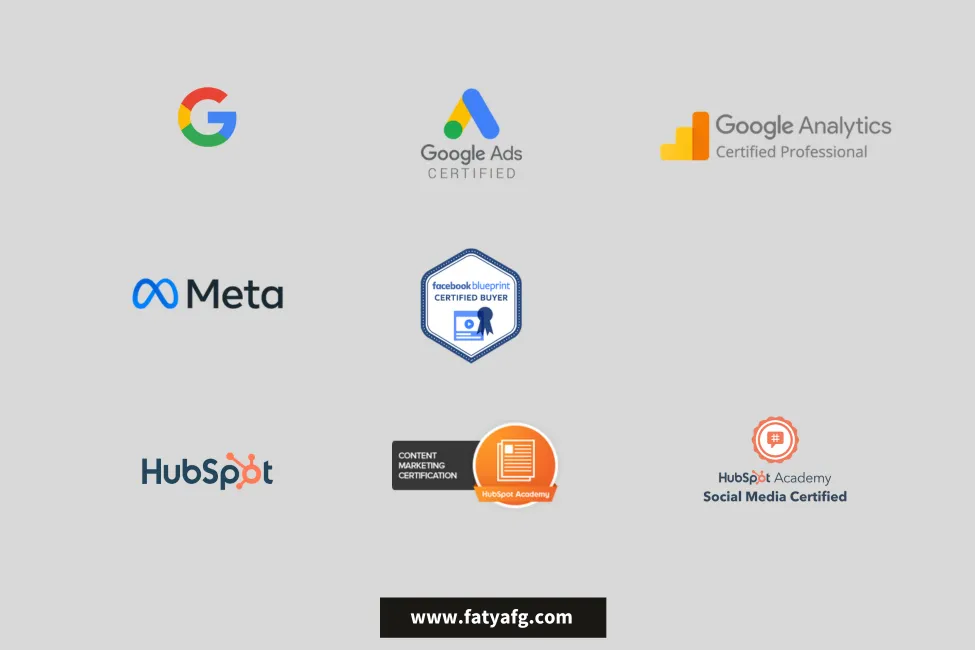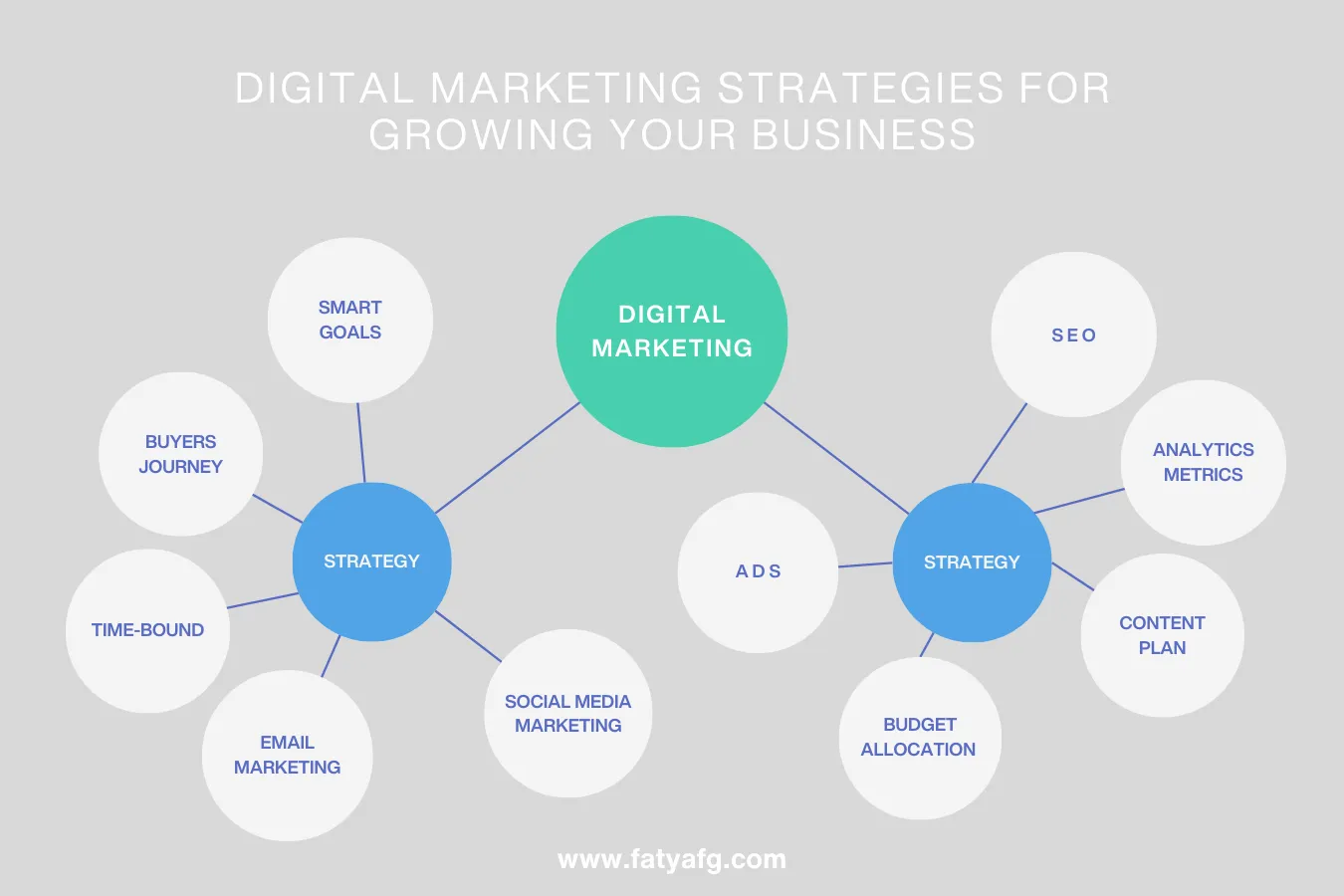In the age of Technology and the Internet, Digital Marketing has become indispensable for Businesses aiming to reach a Global Audience. As Companies increasingly shift to online platforms, the role of a Digital Marketing Specialist has evolved into a vital position in almost every industry. In this blog, we’ll explore who a digital marketing specialist is, what their role entails, and why their expertise is essential for modern Business Success.
What is Digital Marketing?
In the age of technology and the internet, Digital Marketing has become indispensable for Businesses aiming to reach a Global Audience. As Companies increasingly shift to online platforms, the role of a Digital Marketing Specialist has evolved into a vital position in almost every industry.
What is Digital Marketing? A Beginner’s Guide to Comprehensive Insights – Read this blog for more information
Who is a Digital Marketing Specialist?
A Digital Marketing Specialist is a Professional who Strategizes, Implements, and Analyzes Online Marketing Campaigns. They possess a diverse skill set, including knowledge of SEO (Search Engine Optimization), SEM (Search Engine Marketing), Social Media Marketing, Email Marketing, Content Marketing, and Analytics. Their Goal is to drive Traffic, increase Brand Awareness, and ultimately convert leads into Customers.
Typically, Digital Marketing Specialists work closely with Content Creators, Designers, and Developers to build comprehensive campaigns that align with the Business’s overall objectives. They Analyze Market Trends, Audience Preferences, and Digital Metrics to craft Strategies that deliver Measurable Results. Their insights guide both immediate Marketing efforts and Long-Term Strategies.
Key Responsibilities of a Digital Marketing Specialist
- Search Engine Optimization (SEO) SEO is a critical part of Digital Marketing that involves Optimizing Website Content to rank higher on Search Engine Results Pages (SERPs). A Digital Marketing Specialist conducts Keyword research, Optimizes Website elements, and develops SEO-driven content strategies to improve visibility on search engines like Google.
- Search Engine Marketing (SEM) SEM includes Paid Advertising Strategies such as Google Ads. Digital Marketing Specialists create and manage these ads, ensuring that they reach the target audience effectively. They optimize ad copy, set budgets, and track conversion rates to maximize ROI.
- Social Media Marketing Social Media is a powerful tool for brand engagement and lead generation. Digital Marketing Specialists Design Campaigns across platforms like Facebook, Instagram, Twitter, LinkedIn, and TikTok to reach and engage users. They analyze engagement metrics, track trends, and adjust strategies to align with the evolving nature of social media algorithms.
- Content Marketing Content is at the heart of Digital Marketing. Specialists develop a Content Strategy that aligns with Brand Messaging and Objectives. From blogs and articles to videos and infographics, they create valuable content that resonates with the audience, builds trust, and drives engagement.
- Email Marketing Email Marketing remains one of the most effective channels for customer engagement. Digital Marketing Specialists Design Email Campaigns, Segment Email Lists, and create Personalized Messaging to nurture leads and encourage Conversions. They track open rates, click-through rates, and other metrics to improve email effectiveness.
- Analytics and Data Interpretation Analytics is integral to Digital Marketing success. Specialists Analyze data from tools like Google Analytics, Social Media Insights, and Customer Feedback to assess campaign performance. They identify trends, determine audience behavior, and optimize strategies based on data-driven insights.
Skills Required to be a Successful Digital Marketing Specialist
To excel in Digital Marketing, a specialist needs a combination of technical, analytical, and creative skills. Here are some of the essential skills that define a successful digital marketing professional:
- Analytical Thinking: Digital marketing is highly data-driven. Specialists need to interpret metrics, make data-driven decisions, and continuously optimize campaigns based on performance.
- Creativity: Engaging content, innovative campaigns, and eye-catching visuals are crucial to capturing audience attention. Creative thinking allows specialists to develop unique strategies that stand out.
- Technical Knowledge: Proficiency in tools like Google Analytics, SEMrush, Hootsuite, and others is essential. A digital marketing specialist should be comfortable with these platforms to track performance and optimize campaigns.
- Communication Skills: Crafting compelling messaging and engaging content is a vital part of digital marketing. Specialists must also effectively communicate their strategies and results to team members and stakeholders.
- Adaptability: The digital marketing landscape is constantly evolving with new technologies, trends, and algorithms. Adaptability ensures that specialists stay up-to-date with the latest practices and can pivot strategies as needed.
Educational Background and Certifications for Digital Marketing Specialists
Many Digital Marketing specialists hold degrees in marketing, communications, or related fields. However, as the field has grown, specific digital marketing certifications have become highly regarded. Certifications from platforms like Google (e.g., Google Analytics, Google Ads), HubSpot (e.g., Content Marketing, Social Media Marketing), and Facebook (Meta Blueprint) are valuable as they demonstrate proficiency in industry-standard tools and techniques.
The Importance of Digital Marketing Specialists in Business Growth
Digital marketing specialists play a crucial role in business growth. Their expertise helps brands increase visibility, build customer relationships, and drive sales. By leveraging online channels, they reach a wider audience than traditional marketing ever could. For small businesses and startups, digital marketing is often more affordable than traditional methods, providing high ROI with minimal budget requirements.
Larger companies also benefit from Digital Marketing as it allows for precise targeting and performance tracking. By analyzing data and consumer behavior, digital marketing specialists can develop tailored campaigns that resonate with specific customer segments. This level of personalization increases engagement and fosters customer loyalty.
Challenges in Digital Marketing
Digital marketing comes with its own set of challenges. Rapidly changing algorithms on platforms like Google and Facebook require constant learning and adaptation. Additionally, increasing competition makes it difficult to stand out. Privacy regulations, such as GDPR, also add complexity, as digital marketing specialists must ensure compliance while gathering and using consumer data.
Finally, the rise of ad-blockers and user preference for ad-free experiences challenge marketers to find non-intrusive ways to reach their audience. Specialists overcome these challenges by staying updated on industry trends, experimenting with new techniques, and always putting the customer experience first.
Conclusion
Digital marketing specialists are the driving force behind effective online strategies. Their skills enable brands to navigate the complexities of the digital landscape, engage audiences, and drive growth. As technology advances, the role of digital marketing specialists will only become more central to business success.
If you’re considering a career in digital marketing or looking to hire a specialist, understanding their role, skills, and challenges is essential. The field of digital marketing is dynamic, rewarding, and ever-evolving—making it an exciting career choice for those with a passion for both creativity and analytics.




